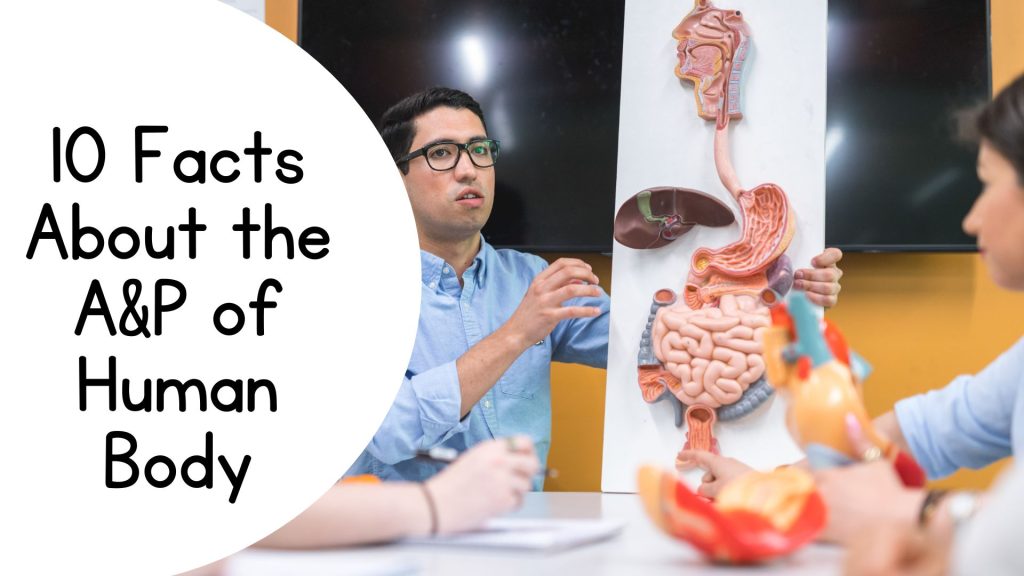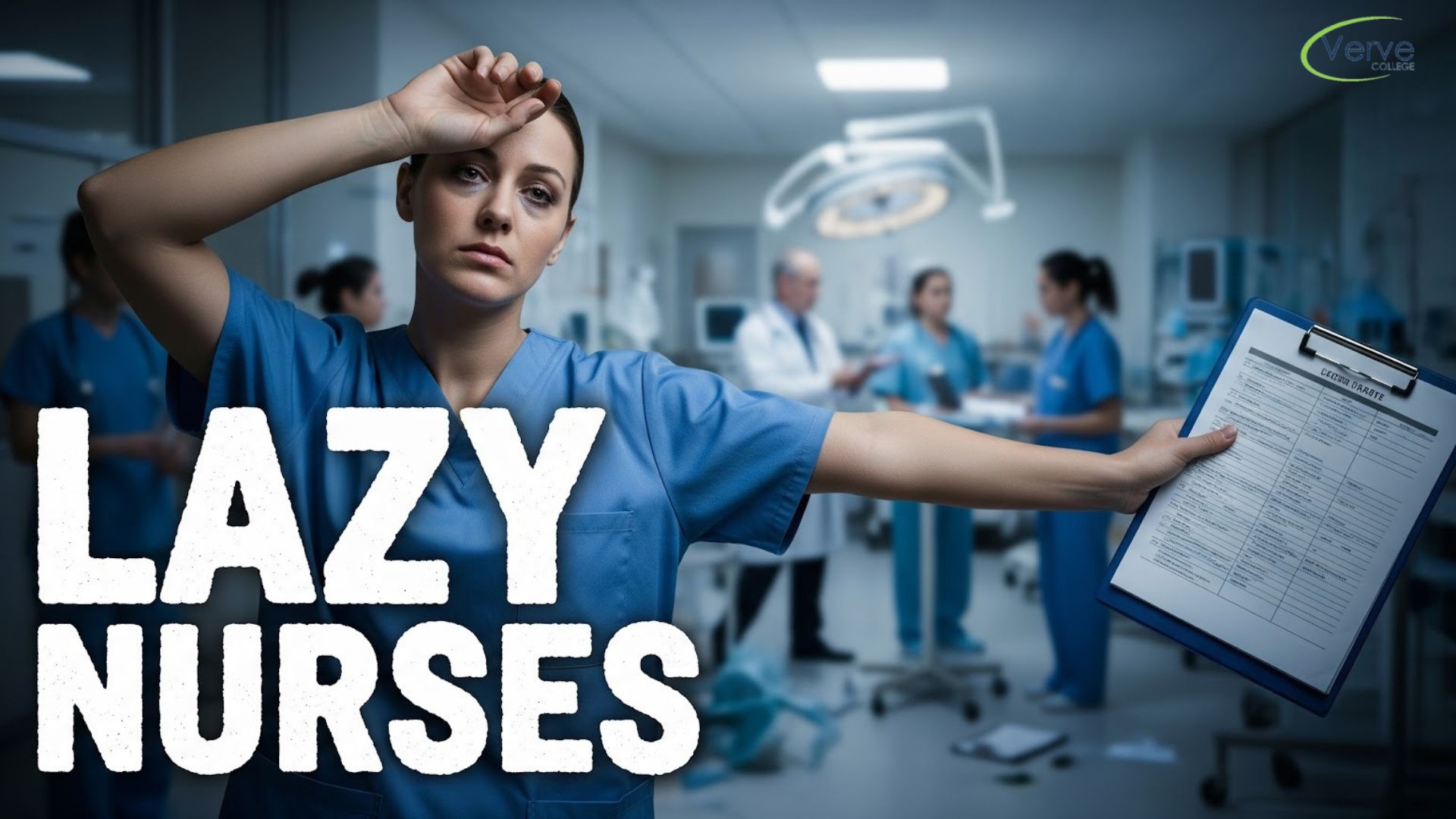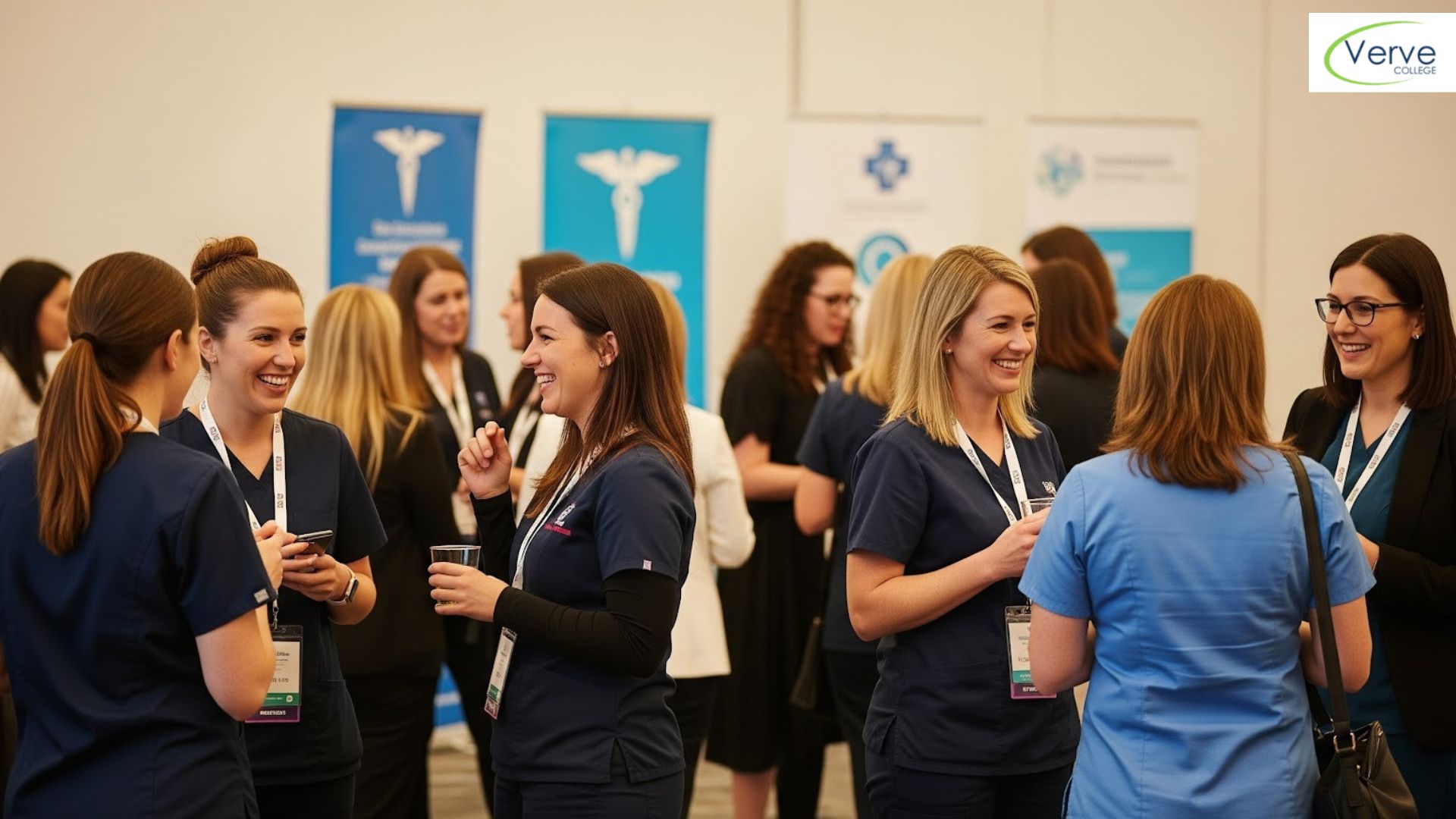- Oak Brook:(630) 705-9999
- Chicago:(312) 920-8822
- Email:inquiry@vervecollege.edu
- Make a Payment
- Home
- Programs
- Admission
- Resources
- ATI Entrance Exam Resources
- New E-Digital Library
- Refer a Friend
- School Newsletter
- Events
- Employers
- Job-Network
- Alpha Beta Kappa Candidates
- Verve College Library
- Graduation and Pinning Ceremony Photo Galleries
- Textbook Information
- Career Services
- Tutoring
- School Catalog
- FAQ
- Constitution Day Program
- Alumni
- Verve College Plans
- Financial Aid
- HEERF Reporting
- Satisfactory Academic Progress
- Apply For Financial Aid
- Net Price Calculator
- Return of Title IV Funds (R2T4)
- Financial Aid Office Code of Conduct
- Contact
- FAQs
- Verification Policy
- Vaccination Policy
- Student Right-to-Know Act
- Misrepresentation
- Information Security Program
- Academic Award Year
- Availability of Employee
- Cost of Attendance
- Health & Safety Exemption Requirement
- Students Rights and Responsibilities
- Leave of Absence
- Pell Formula
- Military Students
- Grants/ Scholarship Policy
- Contact Us
- Testimonials
- Blog
Is a Nursing Career Right For You?
Take The Free Quiz
10 Facts About the Anatomy and Physiology of Human Body
10 Facts About the Anatomy and Physiology of Human Body
Knowing the anatomy and physiology of the Human Body is essential for those interested in healthcare and medical research, particularly in light of the advances in medical science by 2025. If you’re a student an healthcare professional, or just interested, these knowledge sources provide a better understanding of how the human body functions. If you’re thinking about nursing as a career programs like accredited practicum nursing colleges or weekends and night nursing programs will help you understand the complexities of these complex systems.
Why Study Human Anatomy and Physiology?
Human bodies are an incredible feat of biological engineering comprised of interconnected systems that work together to ensure the survival of the quality of life. In the years to come technological advancements and education have transformed the way anatomy and physiology is taught, providing students with innovative techniques to grasp these intricate concepts. If you’re considering joining the practical nursing course near me and want to gain a strong understanding the anatomy of physiology and how it works will provide an excellent base for your job.
10 Fascinating Facts About the Anatomy and Physiology of the Human Body
1. Human Brains. The Human Brain Has 86 Billion Neurons
The brain is the controller of every part of your body via its intricate system of neuron. This complex system controls thoughts, emotions and physical actions.
2. The Heart is Beating 100,000 Times Per Day
The human heart pumps about 2,000 gallons blood each day making sure that nutrition and oxygen reach every cell.
3. Bones Are Not Static Structures
The skeletal system is regenerated at intervals of 10 to 15 years. which highlights the dynamism of the bones within Anatomy as well as Physiology of Human Body.
Related:- From Communities to Clinics: Unique Ideas for Honoring Nurses Every Day
4. The Largest Organ in the Body is the Skin
Skin, which is approximately 8 pounds for the adult on average, is the body’s primary line of defense against external damage.
5. The Digestive System is Over 30 Feet Long
From the esophagus up to the intestinal tract, the digestive system efficiently process food intake and absorbed nutrients that fuel the body.
6. Muscles Make Up Nearly 40% of the Body Weight
Muscles are crucial to move, posture and even for the production of heat. There are more than 600 muscles within the human body.
7. The Liver Performs 500 Functions
The liver plays an essential function in metabolism, detoxification and the storage of nutrients.
8. The Lungs Contain 300 Million Alveoli
The tiny air sacs inside the lungs help oxygen exchange, assisting in respiration.
9. The Nervous System Transmits Signals at Speeds of 200 Mph
Nerves transmit information through the brain to body, allowing immediate reactions and reactions.
10. Blood Travels 12,000 Miles Daily
The body’s blood circulation is regulated throughout the day, carrying vital substances that sustain the body’s vitality.
How Does This Knowledge Can Be Used in Healthcare?
For students attending accredited vocational nursing colleges knowing these information is more than just academic; it’s practical. This information helps nurses evaluate the health of their patients, detect the presence of abnormalities and offer efficient care. Programs such as evening and weekend nursing programs are designed for those who have to balance studies and work, providing the flexibility to learn.
Want to Make a Career in Nursing? Get More Information About Our Courses!
Conclusion
A study of the Anatomy as well as the Physiology of the Human Body is a fascinating look at the depth and complexity of our bodies’ systems’ interactions. As advances in the teaching method improve students who are enrolled in an practical nursing program in my area are likely to receive cutting-edge methods and resources to improve their knowledge. No matter if you’re studying nursing or just exploring the mysteries of biology these 10 facts offer an insight into the amazing anatomy of the human body.
 Sign up
Sign up Login
Login




